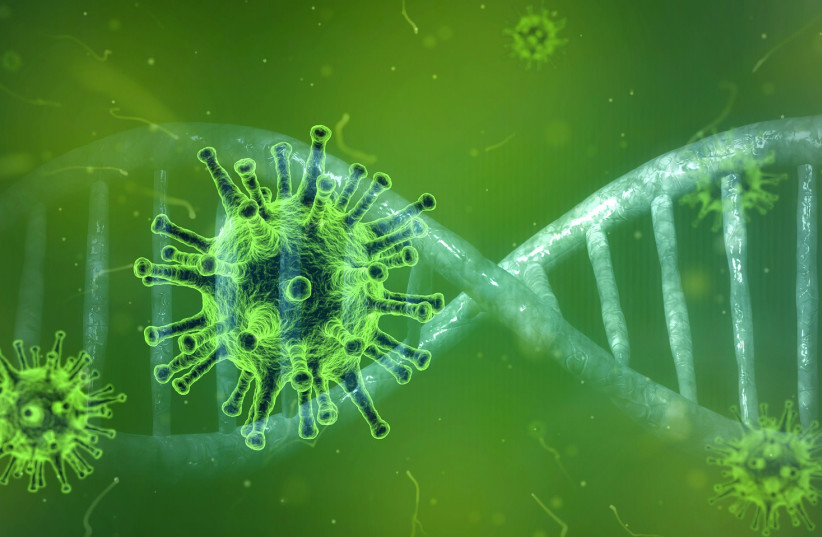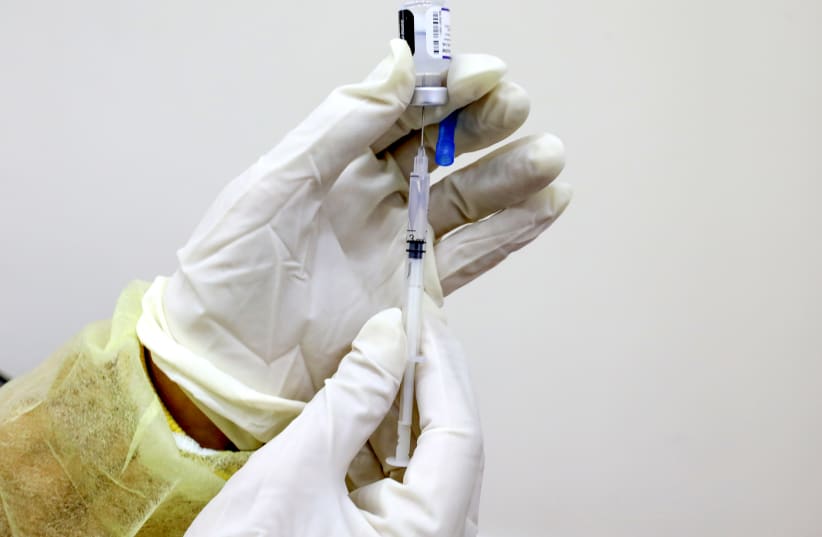For at least six months after COVID-19 vaccination, antibodies produced by immune cells improve in quality and ability to precisely target against the virus that causes COVID-19, according to a study published on Wednesday in Nature, the first to examine the maturation of antibody response in humans to the Pfizer-BioNTech vaccine.
The findings, conducted by researchers at Washington University School of Medicine in St. Louis, suggest that declining antibody levels in the months after vaccination primarily represent a shift to a sustainable immune response. Producing vast quantities of antibodies burns a lot of energy. The immune system cannot sustain such a high level of activity indefinitely, so it gradually switches to producing smaller amounts of more powerful antibodies.
Even low levels of antibodies would continue to provide some protection against disease, the researchers said — as long as the virus doesn’t change.


“Everything changes when a new variant comes,” senior researcher Ali Ellebedy said. “You have to retrain your immune system. It’s like updating your anti-malware software to make sure it matches the newest computer viruses that are going around. It doesn’t mean the old software was bad. It just means it no longer completely matches the viruses it is going to encounter.”
The researchers collected blood from 42 participants and lymph node samples from 15 participants before each person received his or her first dose of the Pfizer-BioNTech COVID-19 vaccine and at weeks three, four, five, seven, 15 and 29 afterward. The scientists also acquired bone marrow samples from 11 participants 29 and 40 weeks after the first vaccine dose.
Eight people provided all three kinds of samples, allowing the researchers to track the development of the antibody response over time within those individuals. None of the eight had been infected with the virus that causes COVID-19, so their antibody responses were entirely due to vaccination.
Immune cells that produce antibodies are from the B cell family.
Indeed, the researchers found that B cells targeted against SARS-CoV-2 persisted in the germinal centers of all participants for months. Even six months after vaccination, 10 out of 15 people still had B cells.
